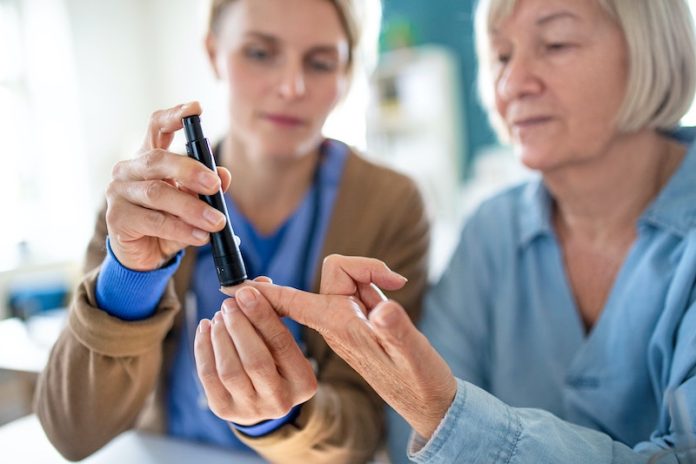
In the 1920s, doctors noticed something unusual: cancer patients had sweet-smelling urine.
They soon realized that this was due to elevated blood sugar levels, suggesting a link between cancer and the body’s blood sugar regulation. But the exact nature of this connection remained elusive.
Unmasking the Mystery
A groundbreaking new study led by Associate Professor Lykke Sylow has brought clarity to this issue.
“In cancer patients, the cells do not respond well to the hormone insulin, necessitating more insulin to regulate blood sugar levels,” explains Sylow. This condition, known as insulin resistance, is usually associated with type 2 diabetes.
Cancer Patients and Insulin Resistance
The research team conducted a meta-analysis of 15 studies on insulin sensitivity and cancer, involving 187 cancer patients and 154 control subjects.
They found that cancer patients, similar to individuals with type 2 diabetes, show impaired insulin response.
This can be particularly challenging to diagnose in cancer patients, as symptoms such as fatigue often overlap with the general symptoms of cancer.
The Dangerous Implications
Insulin resistance not only interferes with the body’s blood sugar regulation, but it can also promote the multiplication of cancer cells.
“Insulin is a growth hormone, and it can make cancer cells grow faster,” warns Joan Màrmol, a co-author of the study.
Additionally, insulin resistance can lead to the loss of muscle mass and strength – a common problem among many cancer patients.
The Call for Better Care
The findings highlight the importance of routinely checking blood sugar levels in cancer patients, even when they appear normal, as the body might be compensating for insulin resistance by producing more insulin.
If diagnosed, insulin resistance should be treated promptly to prevent further health complications.
Looking Ahead
There’s still much to uncover about the relationship between cancer and insulin resistance.
Future research will focus on identifying which cancer patients are at risk of developing insulin resistance, whether it’s related to specific types of cancer or treatments, and how long-term treatment of insulin resistance might affect patient outcomes.
“We need to further investigate the connections, but these findings are a crucial step forward in providing comprehensive care to cancer patients,” concludes Sylow.
If you care about cancer, please see recent studies about new ways to increase the longevity of cancer survivors, and results showing new ways to supercharge cancer-fighting T cells.
For more information about health, please see recent studies about how drinking milk affects the risks of heart disease and cancer and results showing that vitamin D supplements could strongly reduce cancer death.
The study was published in Acta Oncologica.
Follow us on Twitter for more articles about this topic.
Copyright © 2023 Knowridge Science Report. All rights reserved.



